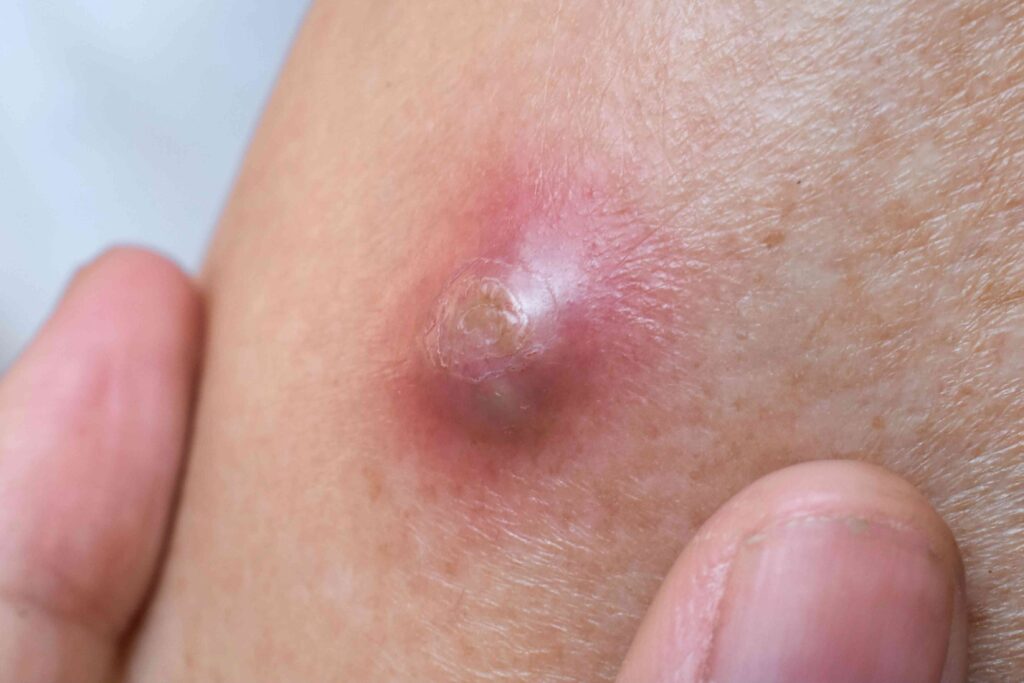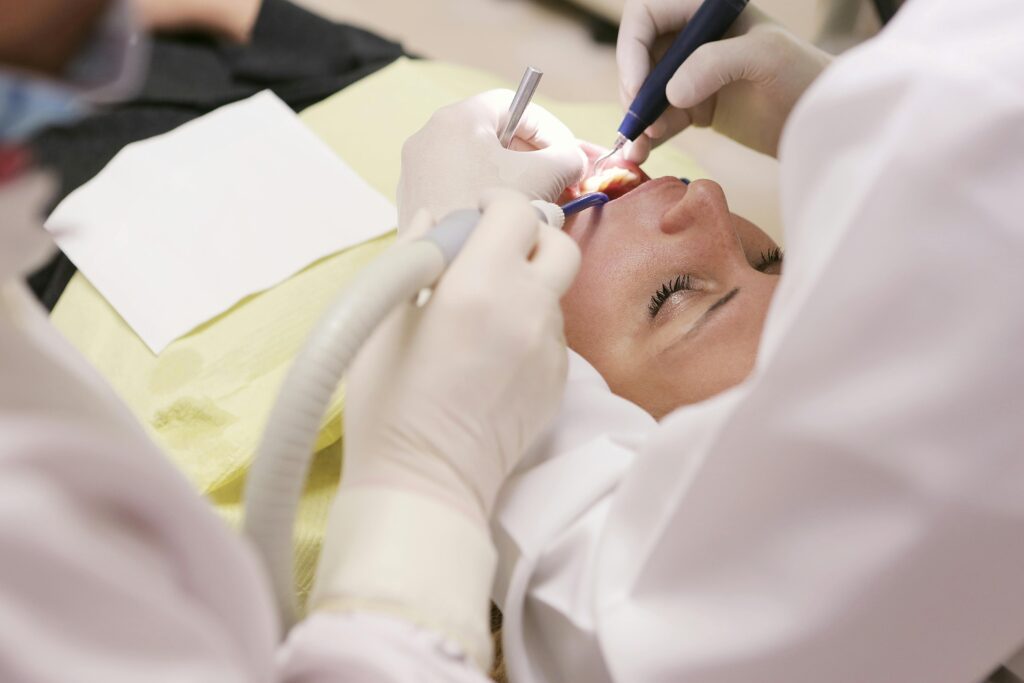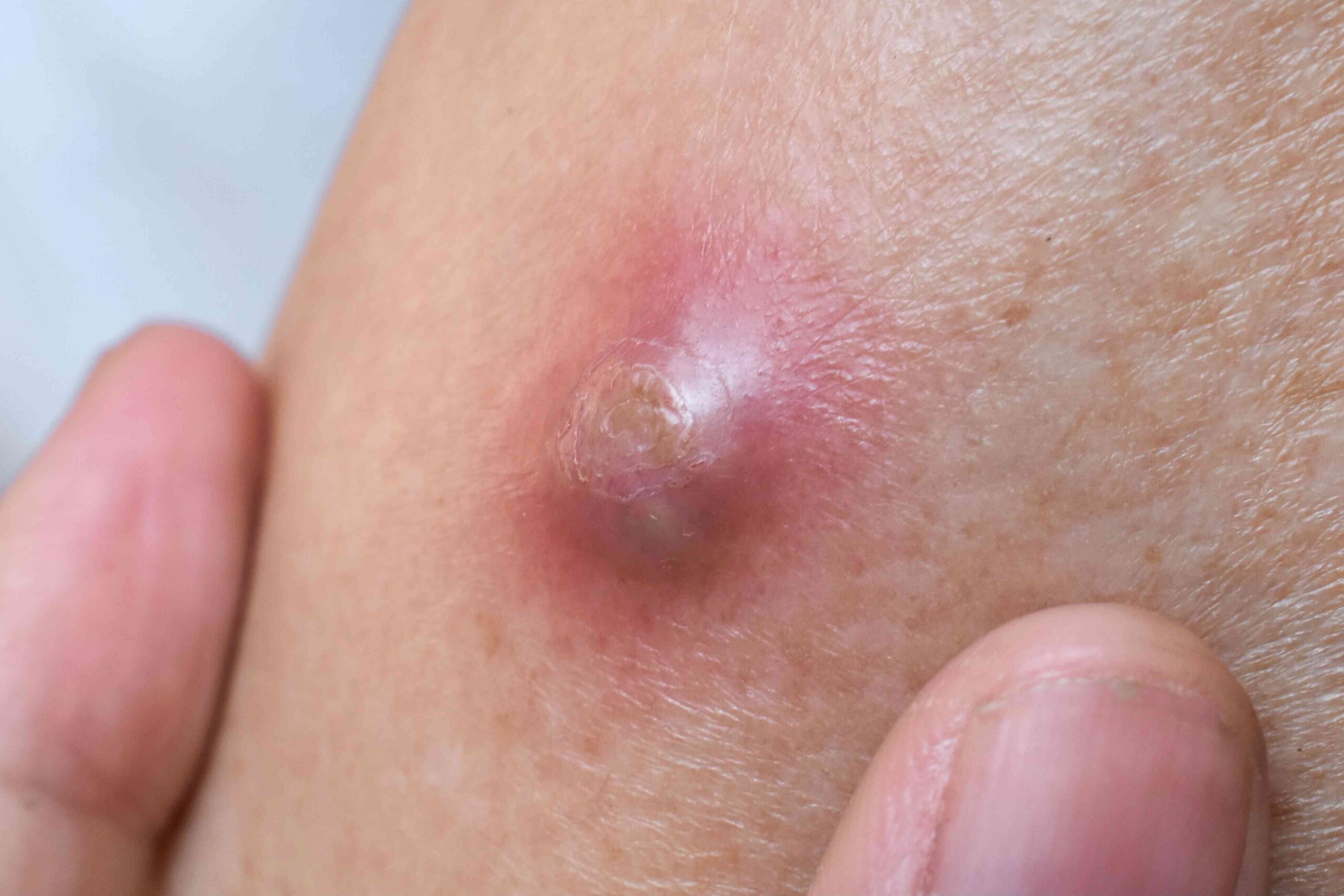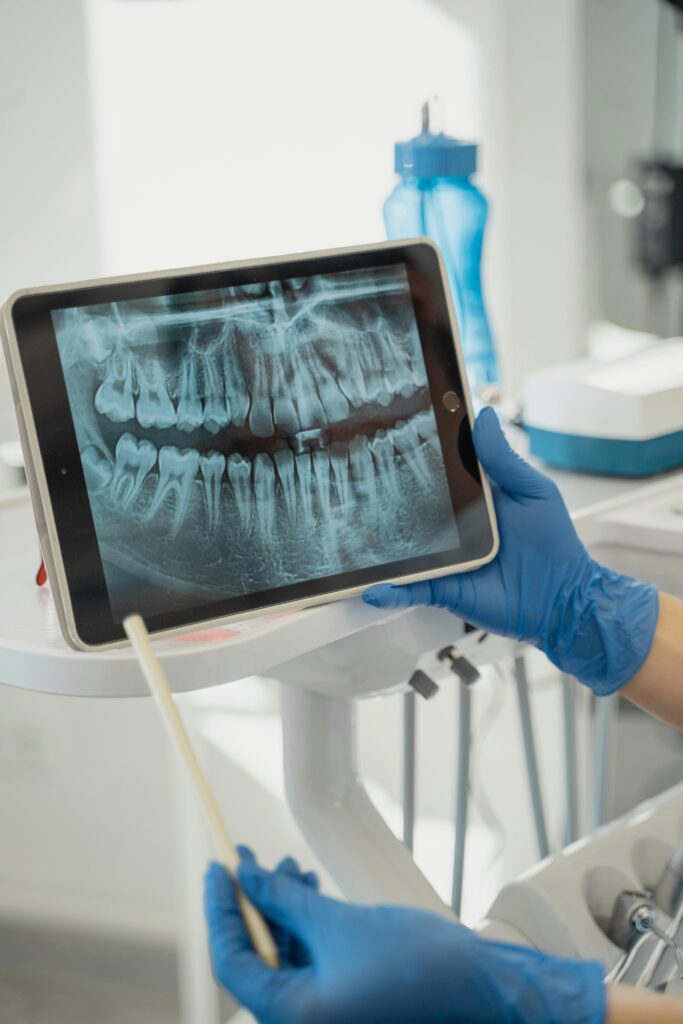Table of Contents
Introduction:
An abscess is a painful collection of pus that forms when the body fights an infection. It can occur in any part of the body and can be quite distressing. Understanding the causes, symptoms, and treatment options for abscesses is important for effective management and prevention. In this article, we will explore abscesses in-depth, helping you recognize the signs and learn how to treat them effectively.

What is an Abscess?
An abscess is a localized collection of pus that forms as the body’s immune system fights an infection. This can happen when bacteria, fungi, or foreign bodies invade the body and cause an inflammatory response. Abscesses are commonly found in the skin but can occur in internal organs, bones, or teeth.
Causes of Abscess
The most common cause of an abscess is a bacterial infection. These infections can result from:
- Skin injuries: A cut, scrape, or puncture wound can introduce bacteria into the body.
- Blocked sweat glands: When sweat glands become blocked, it can lead to the formation of an abscess.
- Tooth infections: Abscesses can develop in the gums or teeth due to untreated dental issues.
- Other causes: Poor hygiene, weakened immune systems, and chronic conditions can also increase the likelihood of developing an abscess.
Symptoms of Abscess
Recognizing the symptoms of an abscess early is crucial to avoid complications. Some common symptoms include:
- Pain: The affected area is usually painful, tender, and warm to the touch.
- Redness and swelling: The skin around the abscess becomes swollen and red as the infection progresses.
- Fever: In some cases, the body’s immune response to the infection can lead to fever and chills.
- Pus or drainage: A noticeable discharge of yellow or green pus may indicate an abscess is ready to drain.
- Fatigue: Due to the body’s fight against the infection, you may feel tired or weak.
If you experience any of these symptoms, it is important to seek medical attention to prevent the infection from worsening.
Treatment for Abscess
Abscesses are treatable, and there are several methods available to manage them effectively:
1. Drainage
In many cases, abscesses need to be drained. This procedure is performed by a healthcare professional who will make a small incision to allow the pus to drain out. This helps alleviate pain and allows the infection to heal. Never attempt to drain an abscess yourself, as this can lead to further infection.
2. Antibiotics
If the abscess is caused by a bacterial infection, doctors may prescribe antibiotics to help fight the infection. Antibiotics can either be taken orally or applied topically, depending on the severity of the abscess.

3. Warm Compresses
For smaller abscesses, applying a warm compress to the affected area may help reduce pain and promote drainage. Soaking a clean cloth in warm water and gently pressing it against the abscess several times a day can help.
4. Pain Relief
Pain relievers like ibuprofen or acetaminophen can help alleviate discomfort associated with an abscess. Always consult with a healthcare provider before taking medication, especially if you have other medical conditions.
5. Surgery
In more severe cases, surgical intervention may be necessary to remove the abscess completely. This is usually reserved for deep or large abscesses that do not respond to other treatments.

Prevention of Abscess
While some abscesses are unavoidable, there are steps you can take to reduce the risk of developing one:
- Good hygiene: Keeping your skin clean and dry can help prevent infections.
- Prompt treatment of injuries: Clean cuts, scrapes, and wounds immediately to avoid infection.
- Dental care: Regular brushing and dental check-ups can help prevent abscesses in the gums and teeth.
- Boost your immune system: Eating a balanced diet and managing stress can help keep your immune system strong and reduce the likelihood of infection.

When to Seek Medical Help
If you suspect you have an abscess, especially if it is large, painful, or not improving with home care, seek medical attention. Early treatment can help prevent complications and speed up recovery.
Conclusion
Abscesses, though painful, are treatable with the right care. By recognizing the symptoms early, seeking medical treatment when necessary, and following preventive measures, you can manage and reduce the risk of abscesses. If you need more information or help with your health journey, feel free to contact us at Health Authentica.











